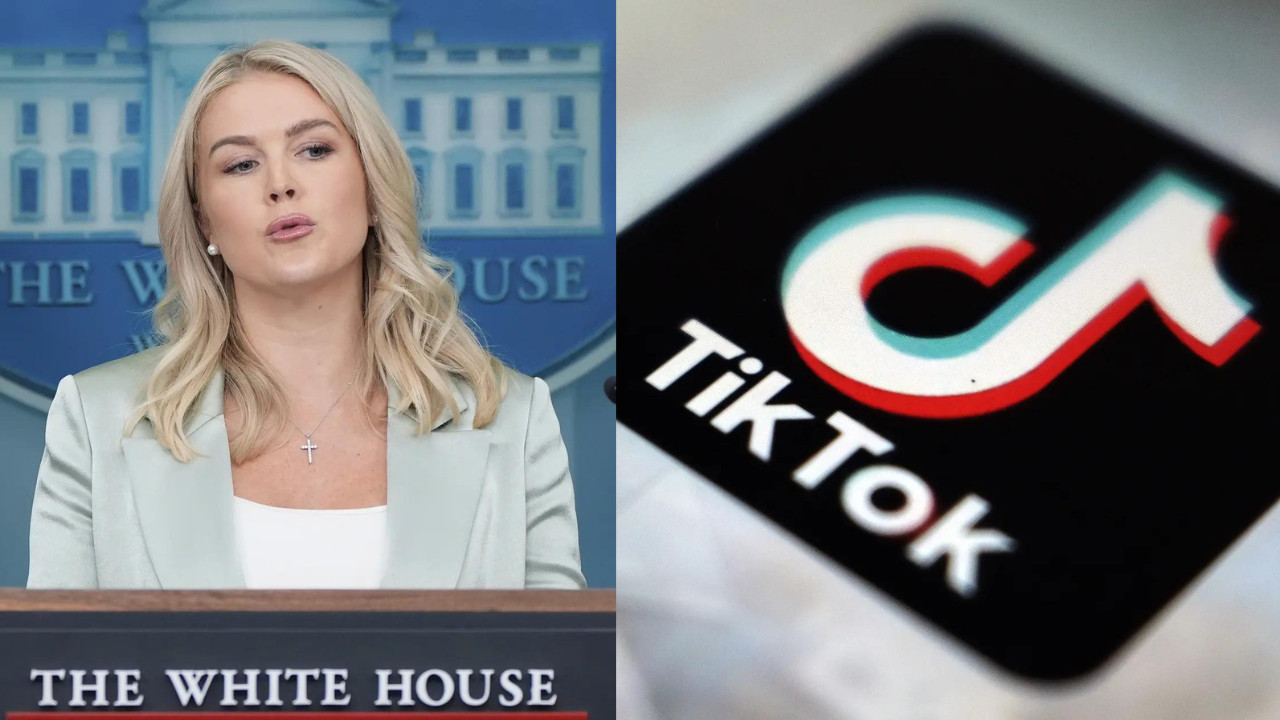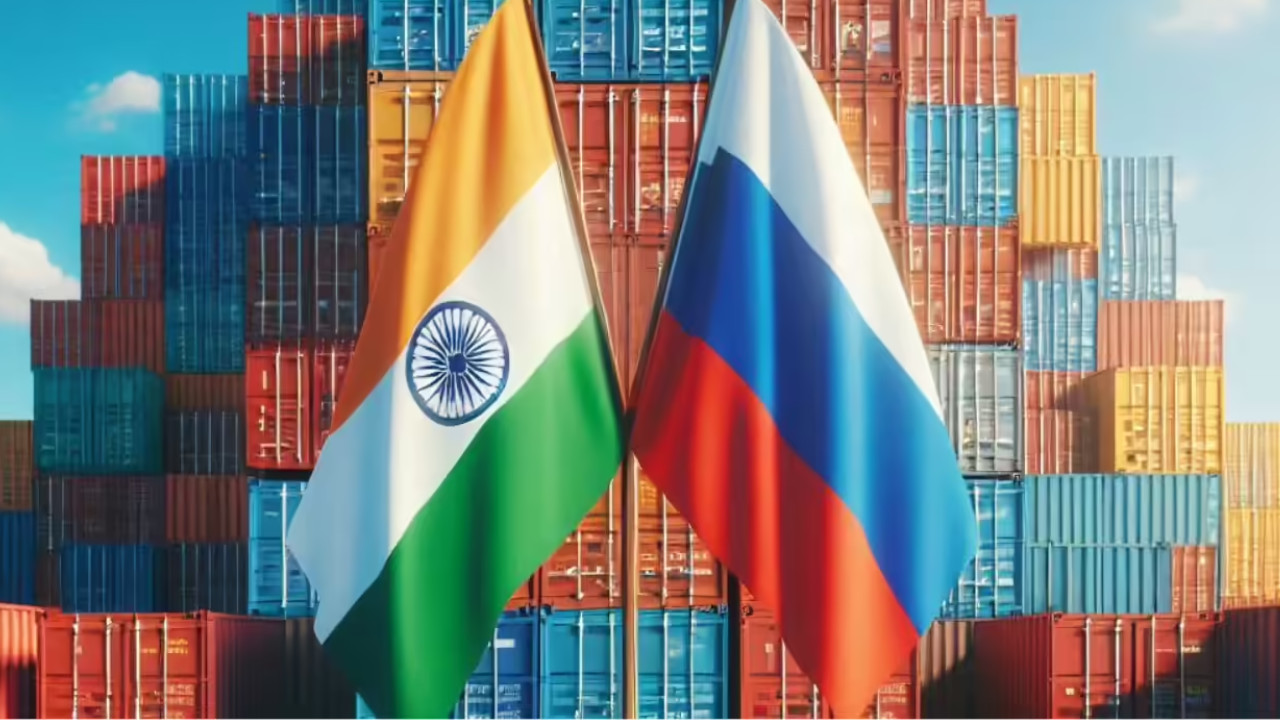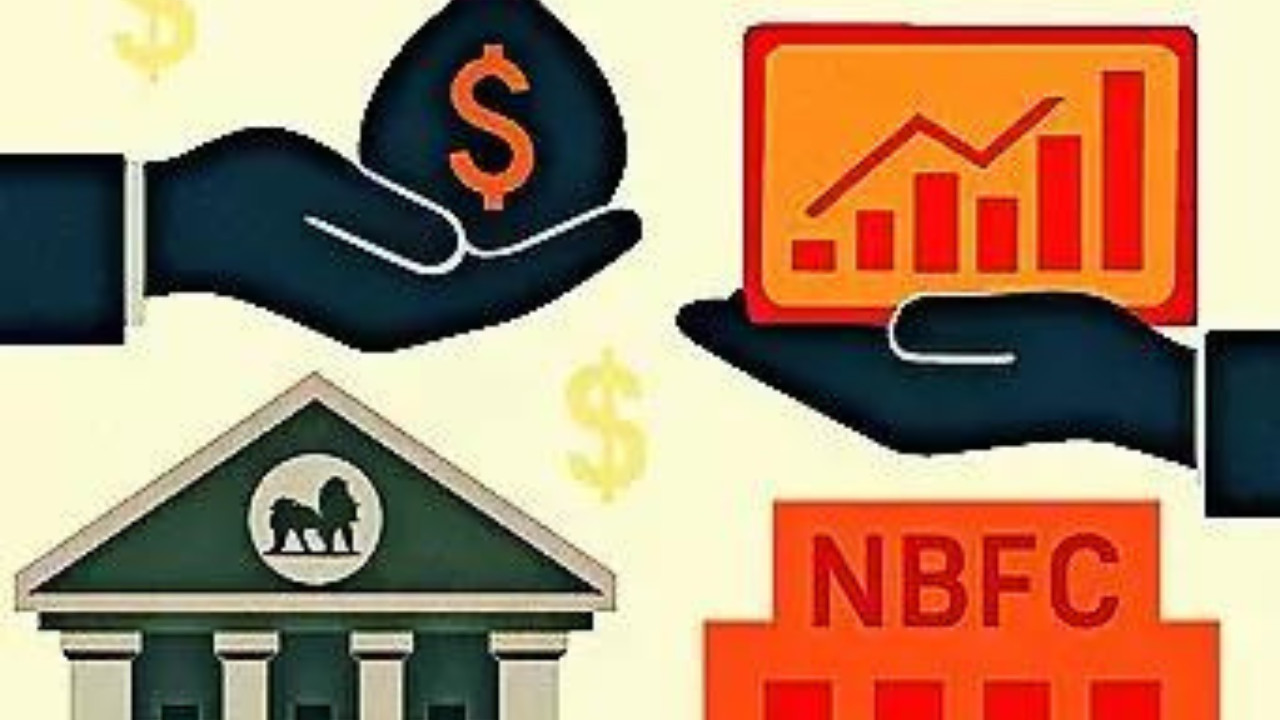The TikTok Saga Takes a Turn: Will American Oversight Finally Reign?
The whirlwind surrounding TikTok’s future in the US feels less like a news story and more like a geopolitical thriller. Remember when it seemed like the app might vanish from our phones entirely? Well, hold on to your hats because the plot has thickened – again. Recent developments suggest we’re inching closer to a deal that aims to address long-standing security concerns, but this time with a distinctly American flavor.
For a while, the worry centered on ByteDance, TikTok’s Chinese parent company, and the potential access the Chinese government might have to user data. Think sensitive information falling into the wrong hands. That’s the nightmare scenario everyone was trying to avoid. The proposed agreement looks to establish a firewall, effectively handing significant control of TikTok’s US operations to an American board of directors. This isn’t just a cosmetic change; it’s a fundamental shift in power dynamics.

So, what does this “Americanization” actually entail? Think of it like this: key decisions about data security, content moderation, and technology development would be steered by individuals vetted and approved by the US government. The goal is to create a structure where ByteDance’s influence is significantly curtailed, and American interests are prioritized. This structure includes a board comprised primarily of Americans and a robust system of auditing and oversight. It’s a bit like installing a sophisticated security system with multiple layers of protection.
This potential deal is a delicate balancing act. On one hand, the US government wants to safeguard user data and prevent potential espionage. On the other, they need to avoid actions that could be perceived as heavy-handed censorship or a violation of free speech principles. The line between national security and individual freedom is often blurry, and that’s especially true in the digital age.
One of the most debated aspects is data localization. The agreement likely involves storing all US user data within the United States, on servers managed and controlled by an American company. This would put physical distance between the data and potential Chinese government influence. Imagine a secure vault, specifically built to protect sensitive information. This is a key provision designed to ease fears about data breaches.
The implications of this deal extend far beyond TikTok itself. It could set a precedent for how the US government approaches other foreign-owned technology companies operating within its borders. If this model proves successful, we might see similar arrangements being implemented for other apps and platforms that raise national security concerns. It’s about establishing clear rules of the road for international tech companies. See our previous post about the evolving digital landscape.
While the specifics of the agreement are still being hammered out, the general direction is clear: the US wants to ensure that American users are protected and that national security interests are prioritized. The White House is reportedly engaged in active discussions with ByteDance and other stakeholders to finalize the details.
However, even with an agreement in place, challenges remain. The implementation of these new safeguards will require constant vigilance and monitoring. The tech landscape is constantly evolving, and new threats are always emerging. Maintaining a robust security posture will be an ongoing process, requiring constant adaptation and innovation. It’s a bit like a chess game, where you have to anticipate your opponent’s moves and stay one step ahead.
The journey to a resolution has been long and winding, filled with political drama and intense negotiations. Whether this proposed agreement will finally put those concerns to rest remains to be seen. But one thing is certain: the future of TikTok in the US, and perhaps globally, hinges on the outcome. This isn’t just about an app; it’s about the intersection of technology, national security, and international relations. The American control structure, if successfully implemented, could redefine how we view foreign-owned apps on our devices.







